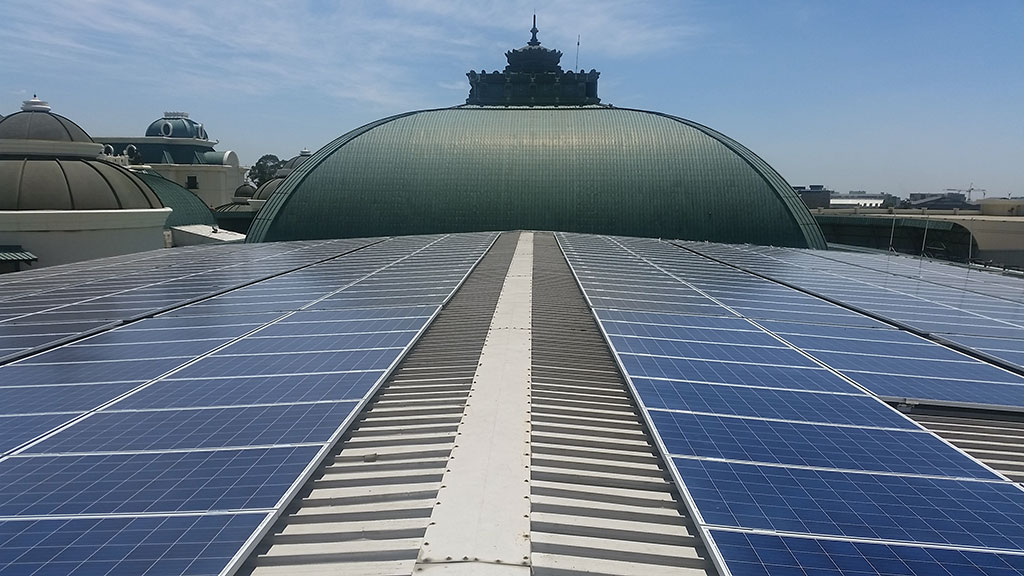The South African government has published on the Government Gazette on Nov. 10 a resolution with which it exempts independent power producers owning generators not exceeding 1 MW from obligation to apply for and hold a license.
IPPs owning power generators from up to 1 MW will have to be registered with the country’s energy regulator NERSA. The new rules will be applied to generation facilities supplying power to a single customer with no wheeling of that electricity through the national grid, to power generators providing power to one or more customers by wheeling electricity through the grid, and to generation facilities used for self-consumption.
The move is intended to spur development in the commercial and industrial segments outside of the auction scheme on large-scale solar and renewables, the so-called REIPPPP program, which is currently facing some issues.
A similar scheme is currently working pretty well in Turkey, where unlicensed PV projects not larger than 1 MW are representing the vast majority of the country’s operational installed solar capacity, which had reached 1,503 MW as of the end of June 2017. Of this capacity, in fact, 1,491.7 MW is represented by unlicensed PV plants.
South Africa’s PV capacity had reached 1,474 MW at the end of December 2016, according to a report released by the country’s Council for Scientific and Industrial Research (CSIR). The country saw an increase in new grid-connected PV installations of approximately 509 MW in 2016.
This content is protected by copyright and may not be reused. If you want to cooperate with us and would like to reuse some of our content, please contact: editors@pv-magazine.com.




By submitting this form you agree to pv magazine using your data for the purposes of publishing your comment.
Your personal data will only be disclosed or otherwise transmitted to third parties for the purposes of spam filtering or if this is necessary for technical maintenance of the website. Any other transfer to third parties will not take place unless this is justified on the basis of applicable data protection regulations or if pv magazine is legally obliged to do so.
You may revoke this consent at any time with effect for the future, in which case your personal data will be deleted immediately. Otherwise, your data will be deleted if pv magazine has processed your request or the purpose of data storage is fulfilled.
Further information on data privacy can be found in our Data Protection Policy.